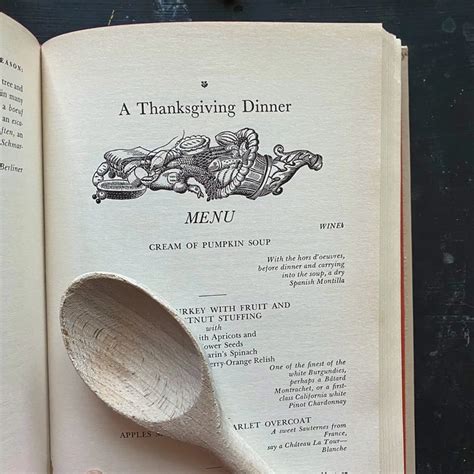A Quote by Lidia Bastianich
Match the right food to the right occasion. Think about what you are celebrating. If you are honoring people, what are their favorite foods? If it is a holiday, what is the food for it? When you give an identity to the party, people appreciate that.
Related Quotes
Food historian Jessica B. Harris says African American cuisine is simply what black people ate. When I think about what my family ate, we ate what people think of as soul food on special occasions, on holidays, but our typical diet was leafy greens and nutrients and tubers - food that was as fresh as being harvested right before our meal. Whatever was in season, that's what we were eating. It was being harvested right from our backyard.
I think for diners, it is about crafting an identity around food which we have not really had in a mainstream way in this country. So there is a mass movement of people who identify themselves through their food preferences or even just that they prioritize food - that's where we get this idea of being a foodie.
Right now you're seeing more and more families reporting that they are skipping meals. They're having to give up meat. Mothers are foregoing food so their kids can have something. People are growing their own vegetables, not because they've gone organic, but because it's one of the few assured sources of food they have. For low-income Americans food is costly right now. The price of food has been going up, and wages haven't. This puts working Americans in a real bind. The fact that the mainstream media hasn't reported it doesn't mean that it's not happening.
When farming became a corporate venture, and the distribution of food became corporate, the variety of foods that were considered good diminished greatly. I know that there's a lot of misconception about this, that people think we have more food variety than ever before, but, in fact, if you read any of the studies, you'll find we have fewer foods than before.
[I]t's an honor to be a food stamp president. Food stamps feed the hungry. Food stamps save the children. Food stamps help the farmer. Food stamps help the truck driver. Food stamps help the warehouse. Food stamps help the store. Food stamps hire people and feed people. Food stamps save people from starvation and malnutrition. ... Give President Barack Obama a big hand. Show your love. Show your appreciation.
While I felt very much a Southerner as a child, being Jewish gave me an outsider's perspective. People look at region in a variety of ways, and I always paid attention to food. Food rises above other things for me. From a young age, I saw food as a barometer of cultural identity, and I was fascinated by how people defined themselves through their food traditions.
I think more and more foundations are putting resources into food activism. But I think that given the state of the economy, foundations won't be giving as much in general. For me it's about working with these existing institutions in communities that people already go to, that people trust, that they know, and determining how best they can play a role in the creation of local food systems and address the ills that are right around them in the community.
Personally, I have been very impressed by the slow food movement. It is about celebrating the culture of food, of sharing the extraordinary knowledge, developed over millennia, of the traditions involved with quality food production, of the sheer joy and pleasure of consuming food together. Especially within the context of family life, this has to be one of the highest forms of cultural activity.







































